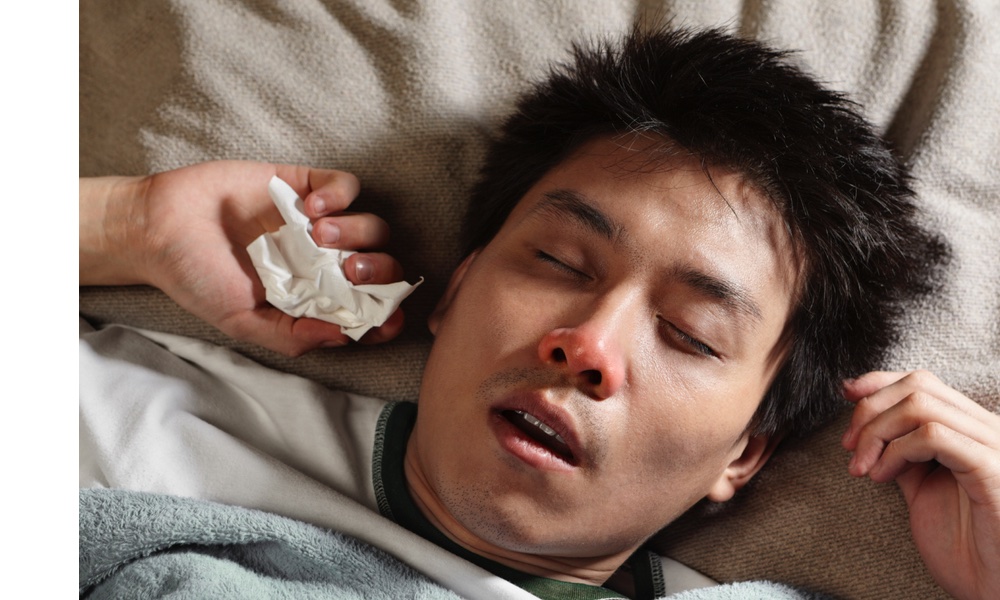The antioxidant in red grapes, resveratrol, is gaining attention in more than one area of health. It’s believed to be important in cardiovascular health, longevity, and possibly in protecting against cancer. Now, researchers believe that resveratrol may also improve treatment, making radiation more effective than it would be without the compound.
Two types of proteins, perforin and granzyme B, are expressed in low levels by prostate tumor cells. But at high levels, these proteins are actually able to help kill the tumor cells.
The study points to the promise of natural compounds in helping the body stay healthy and fight disease.
That’s where resveratrol seems to come in: When researchers applied resveratrol to the tumor cells, the activity of both proteins was increased significantly. And following resveratrol treatment, radiation therapy was far more effective, killing 97% of the tumor cells – even aggressive ones, a much higher success rate than radiation alone. Previous work had shown chemotherapy was also more effective with resveratrol treatment.
These results are promising, but preliminary. The study was done in isolated cells – not in living organisms. Nicholl says the next step will be to test the treatment in animals, and if this is successful, then move on to humans. But resveratrol is particularly attractive since it’s easily derived from grape skins.
The compound is often found in health food and grocery stores, marketed as a health supplement, but researchers don’t know what kind of dosing would prevent disease or help treat it. It would likely be a very large amount to have an effect on cancer growth or treatment, and might have adverse effects if taken in high doses.
"We don't need a large dose at the site of the tumor, but the body processes this compound so efficiently that a person needs to ingest a lot of resveratrol to make sure enough of it ends up at the tumor site. Because of that challenge, we have to look at different delivery methods for this compound to be effective," Nicholl said.
It may take a while before dose, safety, and effectiveness in humans are completely figured out, but the study does point to the promise of natural compounds such as antioxidants in helping the body stay healthy and fight disease.
Nicholl is a researcher at the University of Missouri School of Medicine and published his studies in the Journal of Andrology and Cancer Science.




